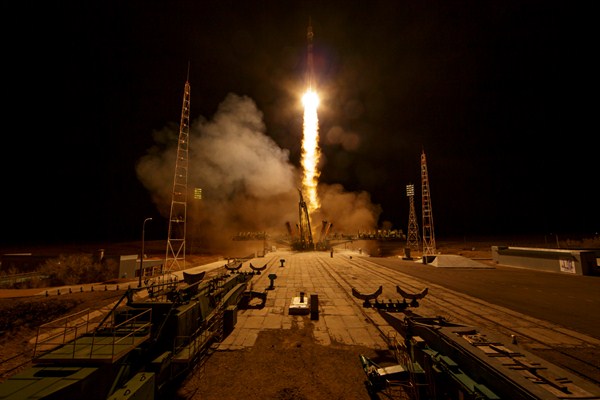Fifty years after Apollo 11 astronauts first walked on the moon, the world is entering a new Space Age. Outer space, a domain once reserved for the great powers, is democratizing. New “space-faring” nations and private corporations are entering the final frontier, taking advantage of breakthrough technologies and lower financial barriers. The possibilities for humanity are immense. They include new opportunities for communication, for observing and understanding the Earth’s natural systems, for exploring the solar system and the heavens beyond, for exploiting space-based resources, and for constructing planetary defense systems to protect the planet from catastrophic collisions with near-Earth objects—asteroids, comets—and other celestial hazards.
Realizing these objectives, however, will require a broad international commitment to maintaining outer space as a stable, open and rule-bound commons. Sovereign countries must collectively manage the dilemmas of growing interdependence and agree to keep their geopolitical rivalries in check. As the Earth’s orbit becomes more congested, the world urgently needs a more robust regulatory regime to manage space traffic, mitigate space debris, regulate dual-use technologies like laser arrays, and maintain a sufficient radio frequency spectrum for satellite use. The primary challenge is to construct such a system without stifling private sector innovation. The second overriding objective is to ensure that intergovernmental collaboration on common space issues trumps zero-sum strategic competition.
Unfortunately, the country best placed to lead such a renaissance in multilateral cooperation, the United States, seems determined to pursue a unilateral course in outer space. In proposing his new “Space Force,” President Donald Trump framed the U.S. objective as one of “dominance.” More recently, ostensibly in response to China’s Chang’e 4 lunar mission, Vice President Mike Pence declared a “renewed American presence” on the moon to be a “vital strategic goal.” The stage could be set for a Cold War-style space race that overwhelms any multilateral cooperation.

